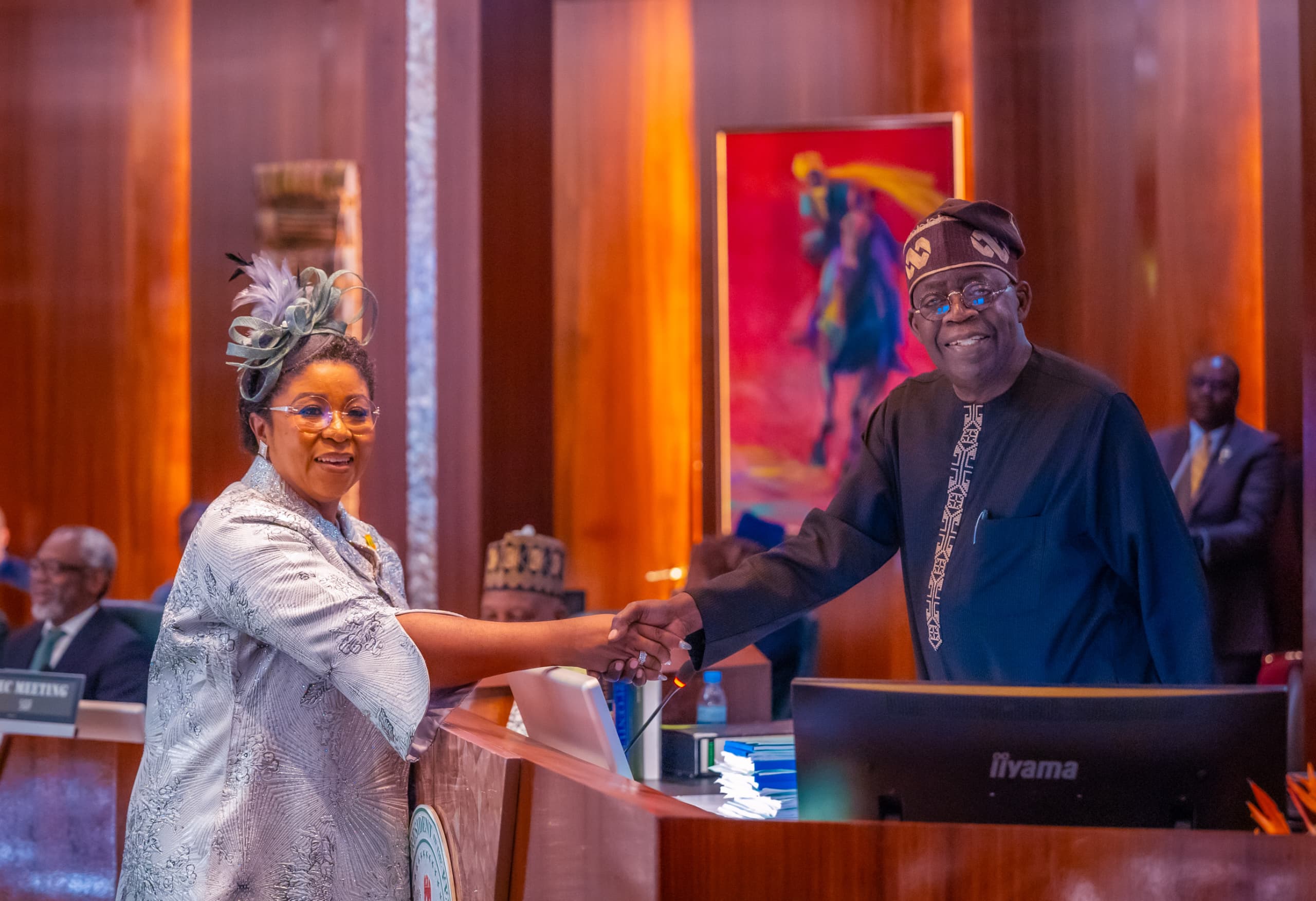President Bola Tinubu on Sunday highlighted the achievements of the Economic Community of West African States (ECOWAS) to African leaders during a meeting in Accra, Ghana. Speaking at the Sixth Mid-Year Coordination Meeting of the African Union (AU), Tinubu, who is the chairman of the regional bloc, detailed various accomplishments over the past year.
“We supported six member states in ratifying the WTO Fisheries Subsidies Agreement, and thirteen Member States have ratified the AFCFTA agreement,” Tinubu stated, according to a release from his spokesman, Ajuri Ngelale.
Tinubu also highlighted the operational status of the ECOWAS interconnected System for the Management of Goods in Transit (SIGMAT) in twelve member states. He outlined the humanitarian efforts, mentioning that ECOWAS has allocated $9 million to assist refugees, internally displaced persons, and asylum seekers, with an additional $4 million directed to counter-terrorism humanitarian response.
In the education sector, ECOWAS established the West African Network of National Academies of Sciences and the African Forum for Research and Innovation. Tinubu emphasized that the regional Academic Mobility Scheme continues to equip youth with practical skills and harmonize education systems.
On health initiatives, ECOWAS has been supporting women with obstetric fistula, empowering women entrepreneurs in agribusiness, and promoting gender equality in education and the green economy.
Regarding energy, mines, and agriculture, President Tinubu mentioned ongoing electrification projects in The Gambia, Guinea Bissau, and Mali through the ECOWAS-Regional Electricity Access Project (ECOREAP) and the Regional Off Grid Electricity Access Project (ROGEAP). He noted that 32 Solar Off Grid SMEs have been approved, including 9 led by women, with $3 million to be disbursed to finance these SMEs.
He added that to achieve sustainable electricity access within ECOWAS and Sahel countries, a total grant of $38 million and an additional loan of $140 million will be made available to solar SMEs.
On environmental issues, ECOWAS supported member states in international meetings and negotiations, provided assistance in implementing the Paris Agreement, and worked on establishing a regional carbon market.
Food security was another key topic, with the ECOWAS Bank for Investment and Development (EBID) operationalizing the Regional Fund for Agriculture and Food (RFAF) to achieve self-sufficiency in rice production. Tinubu also mentioned the significant progress in animal health in the Sahel, with over 490 million livestock vaccinated, and common rules established for controlling veterinary medicine products at borders.
Tinubu also noted institutional advancements, including the election of the first female President of the ECOWAS Parliament, the Right Honourable Maimunatu Ibrahim from Togo, and the ECOWAS Community Court of Justice reviewing fifteen new cases, holding thirty-three court sessions, and delivering eleven judgments.
Despite these achievements, Tinubu acknowledged challenges such as geopolitical rivalries, terrorism, food insecurity, climate change, and misinformation. He stressed the importance of dialogue with Burkina Faso, Mali, and Niger to maintain unity and announced a Special Extraordinary Summit on the future of the Community.
On the sidelines of the AU meeting, President Tinubu met with President Ismail Omar Guelleh of Djibouti to discuss bilateral interests and development concerns.
The Mid-Year Coordination Meeting, conceptualized in 2017, is the principal forum for the AU and Regional Economic Communities (RECs) to align their work and coordinate the continental integration agenda. This year’s meeting was convened under the AU theme on education: “Educate and Skill Africa for the 21st Century.”











